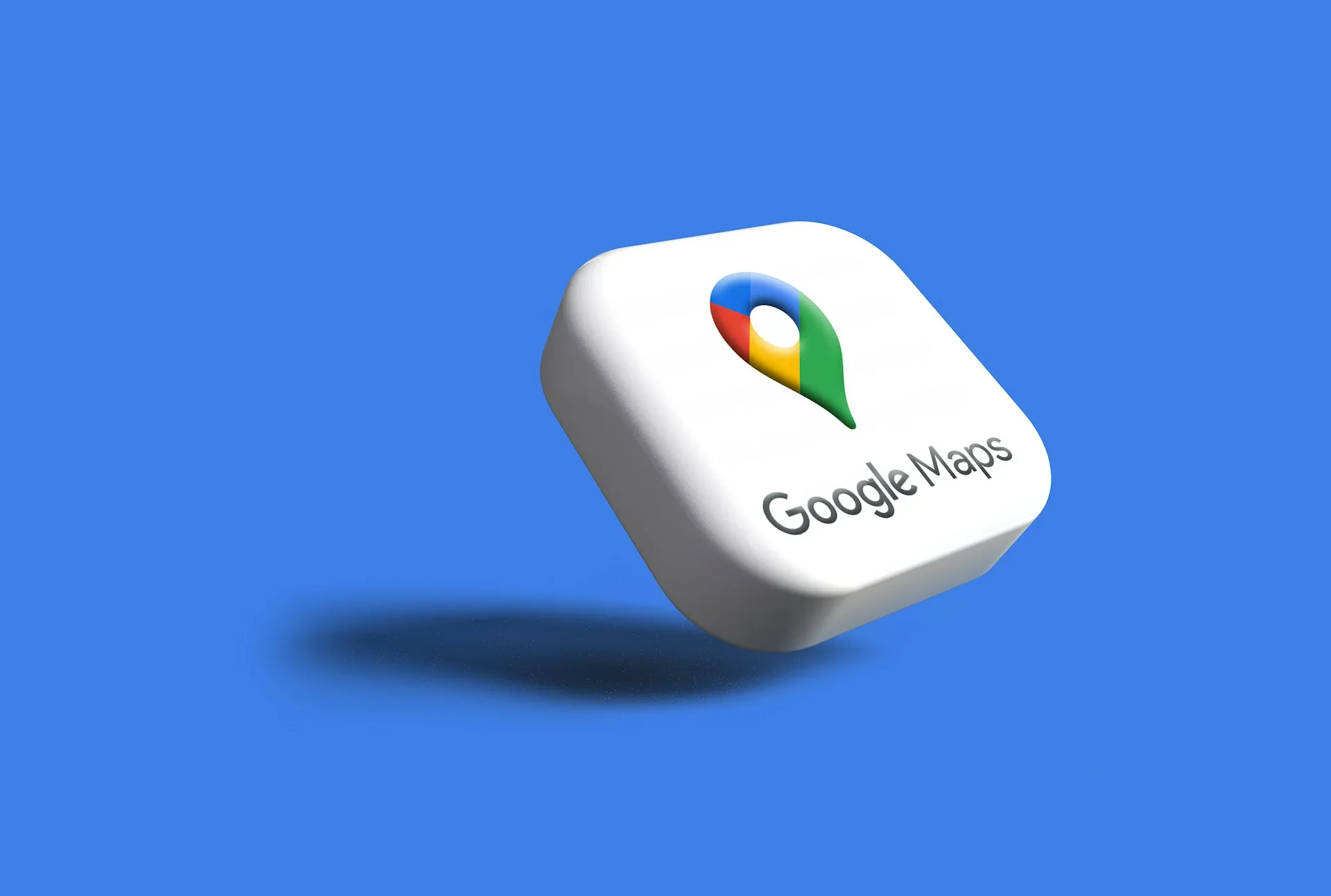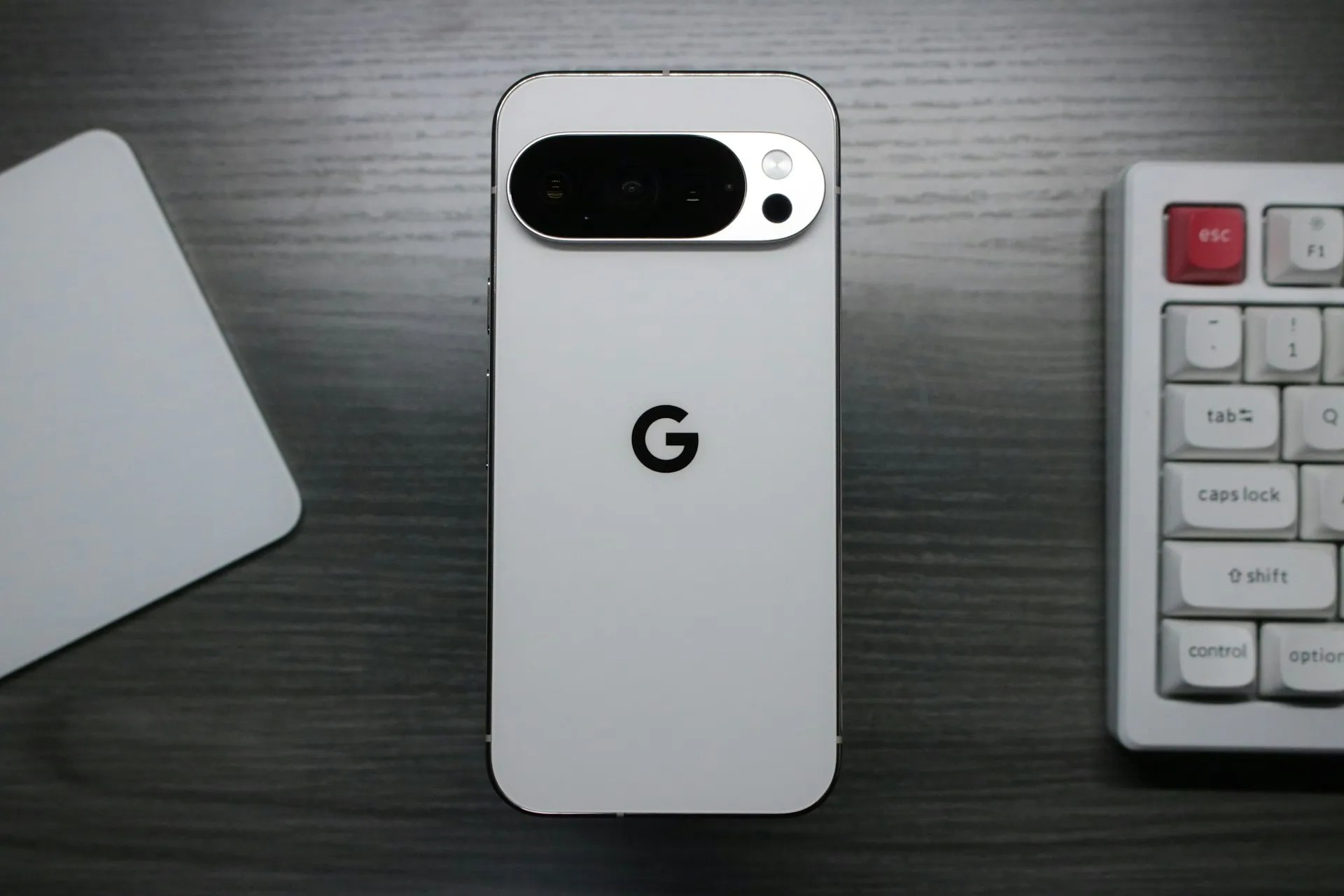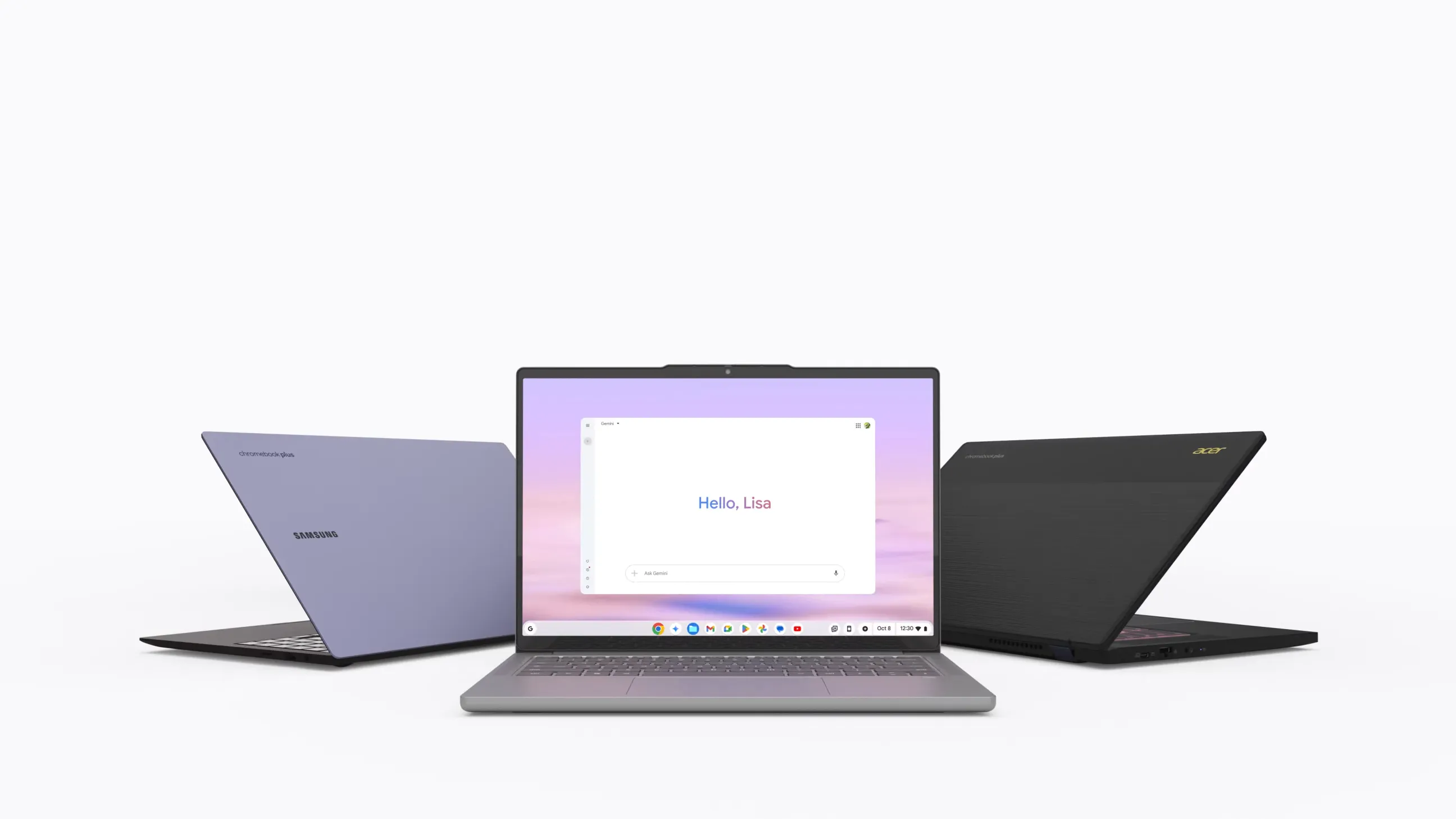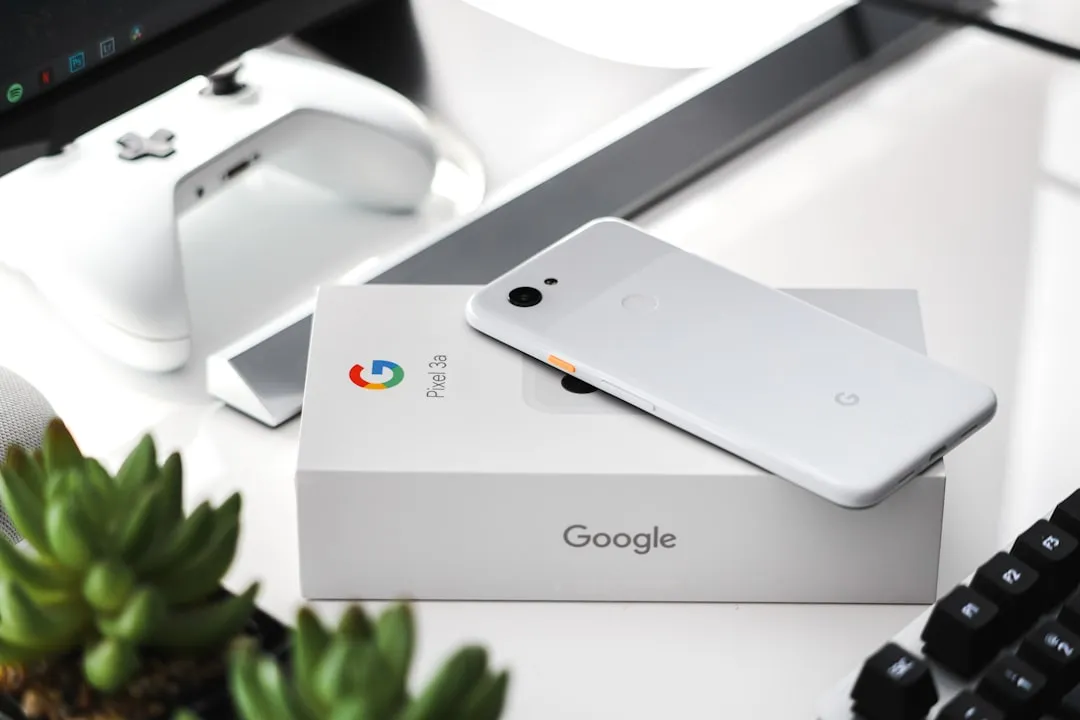Google is working on something so big they had to name it after an entire galaxy: A new operating system that merges Android and Chrome OS into one unified front.
Android and Chrome meet to form "Andromeda," which, coincidentally, is a nearby galaxy that is currently on a collision course to merge with our own Milky Way. If the OS itself is even half as clever as its name, we're in for a treat.
The Andromeda operating system is set to make its debut in late-2017, with the corresponding hardware already in the works. We should learn more about the whole Android-Chromebook merger at Google's big event on October 4th, but in the meantime, we'll review what we know and how it will change the landscape of Google products going forward.
Is Andromeda for Real?
Rumors of a Chrome-Android merger had been swirling since The Wall Street Journal reported a possible crossover OS almost a year ago. Google vaguely denied the claim at the time, and things settled down for a bit—but then, Google VP Hiroshi Lockheimer posted this tweet on Android's 8th birthday last week:
We announced the 1st version of Android 8 years ago today. I have a feeling 8 years from now we'll be talking about Oct 4, 2016.
Lockheimer definitely made it sound like something big was in store for Google's upcoming hardware event, but declined to give details. Luckily, though, Android Police followed up by breaking a story that the Android-Chrome merger was definitely in the works, and that its internal codename was Andromeda.
Since then, we've seen several references to the Andromeda name, including code that hints at the OS being tested on a Nexus 9. So at this point, Andromeda has been all but confirmed as the real deal, and a late-2017 hardware release slated to include a new Pixel laptop and Nexus tablet could mark its debut.
Why the Sudden Change?
Google's primary motivation behind merging their two main operating systems is their ongoing struggle with tablet and laptop market share. Android's installed on 86.2% of smartphones, but tablets aren't faring as well. Currently, Android holds 66.2% of the tablet OS market, with that number projected to fall to 57.8 by 2020.
While Chrome OS has certainly carved out a niche for itself in schools and the budget laptop market, even beating out Mac shipments in the first quarter of 2016 (US only), it's still a relatively low number in comparison to Windows-powered machines that were shipped.
Ultimately, while Android may have a stranglehold on smartphones, Google's not resting on its laurels. When it comes to devices with larger screens, Android's just not cutting it, and Chrome OS never achieved the market penetration that Google craves.
What Andromeda Means for Google's Laptops & Tablets
For a number of reasons, we can expect Andromeda to have the biggest impact on Google's laptops and tablets. As it stands, Android tablets have relatively few tablet-optimized apps, and Chrome OS has traditionally shunned apps altogether.
Google has tried to solve this issue by allowing you to install Android apps on Chromebooks with a recent update to Chrome OS, but these apps suffer from the same problem that plagues them on Android tablets: Their interfaces simply aren't optimized for larger displays.
The only way for Google to step up their "big-screen apps" game is for third-party developers to actually want to make apps that are optimized for laptops and tablets. Android smartphones offer a large enough user base that ad revenue incentivizes developers, so a Chrome-Android merger could finally lead to quality apps across the board.
But it's not just about bringing Android devs over to Chrome OS, because the same concepts work in reverse. Even if nothing else changed, the ability to run native apps on a Chromebook could entice many developers to start crafting their wares for the platform. Then, if Chrome OS and Android are one and the same, Andromeda tablets would get the benefit of being able to run apps that were initially designed for laptops.
One platform, two types of big-screen devices, and a host of apps to share between them. Makes sense, right?
That brings us to a third type of larger mobile device: The convertible. Microsoft's Surface and a slew of other Windows-powered devices continue to blur the lines between laptops and tablets with their reversible or removable keyboards. Google's own Pixel C fits into this category, and interestingly enough, it alternated between Android and Chrome OS throughout its pre-launch development timeline.
If convertibles are the future, then Google will be ready with Andromeda. Keeping Chrome OS and Android as separate entities is too restrictive, as one is designed for keyboards while the other is not—and this may very well be Google's main motivation in creating Andromeda.
What Andromeda Means for Android Smartphones
So far, all signs point to Android remaining as a standalone product, at least for the near future. The Open Handset Alliance (OHA) is a core part of Google's mobile identity, and the partnerships it formed in this collaborative effort have been lucrative for all parties involved—including Samsung, LG, HTC, and Huawei.
Google would be crazy to sever ties with its OHA manufacturing partners, so Android and AOSP should continue to exist as long as everyone keeps wanting a piece of the pie. Really, the only way Google could completely abandon Android would be if it got all of the major players on board with Andromeda, which would be a monumental task.
The main holdup is the "O" in OHA, which stands for "open," as in open source.
Google was able to form the Open Handset Alliance and ultimately give birth to Android by promising an operating system that was free to use and free to modify. This incentivized manufacturers to use the fledgling OS in their devices by allowing them to make software customizations that differentiated their hardware from other offerings.
If Andromeda is as Google-controlled as it's rumored to be, Samsung and friends won't be quite as amenable to a new partnership.
On the flip side, making the switch to a unified operating system could be huge for current Android users. In theory, Andromeda could handle updates like Chrome OS, where all devices, regardless of manufacturer, receive the latest firmware immediately after Google makes it available. This isn't possible with Android, as manufacturers take longer to update their skinned versions of the open-source operating system.
Then there's the potential for a Windows Continuum-style feature where your phone and your laptop share the same apps, or virtually merge into one device when connected. If that's too much of a reach for you, Andromeda smartphones and their Chromebook counterparts could at least have the same level of interoperability as an iPhone and a MacBook.
- Follow Gadget Hacks on Facebook, Twitter, Google+, and YouTube
- Follow Android Hacks on Facebook and Twitter
- Follow WonderHowTo on Facebook, Twitter, and Google+
Cover image (original) by Miriam Espacio/Pexels

























Comments
Be the first, drop a comment!